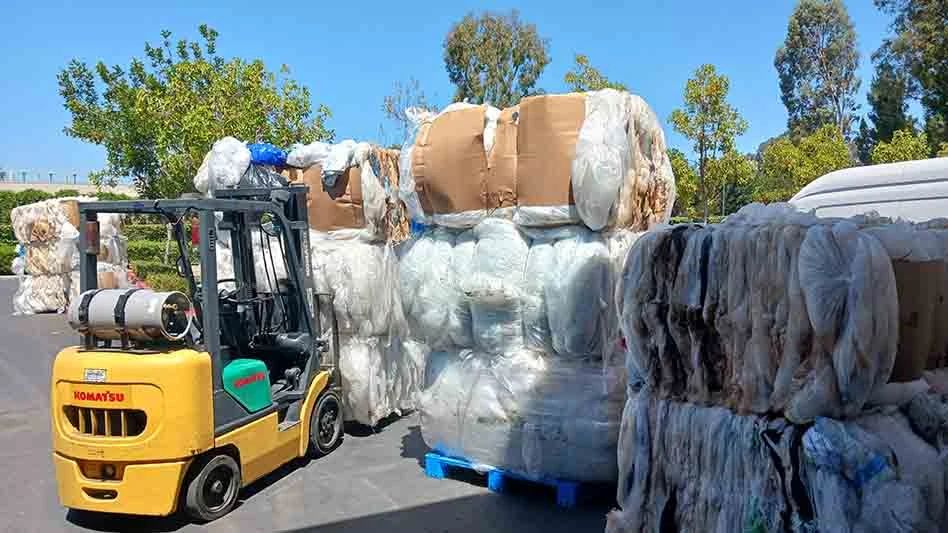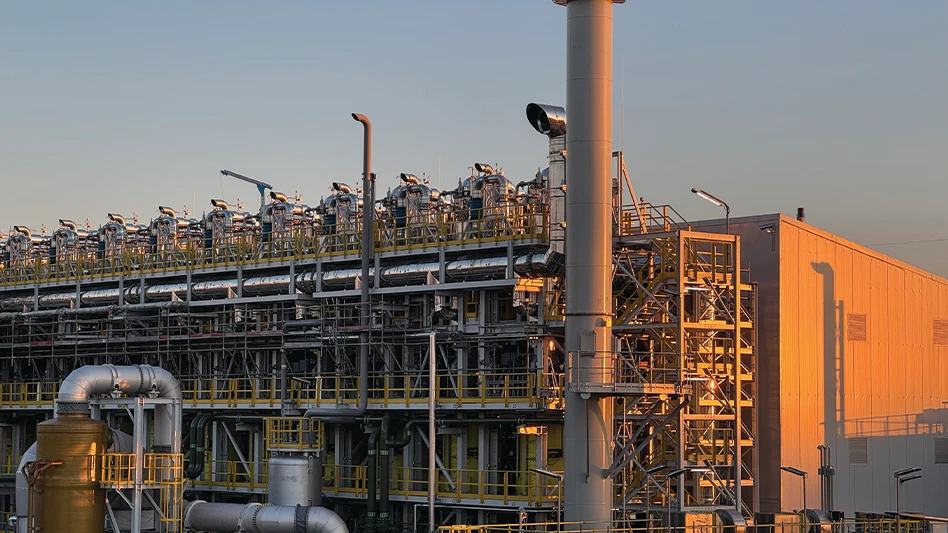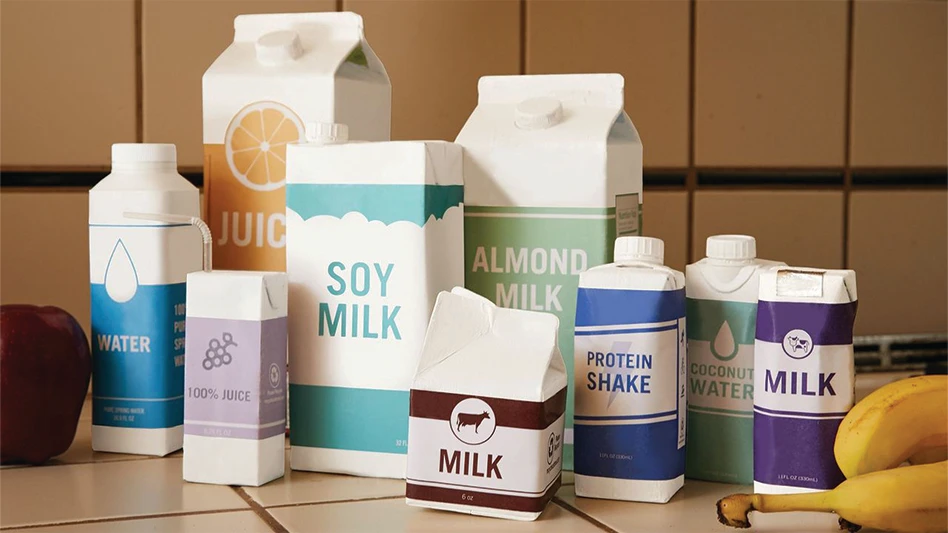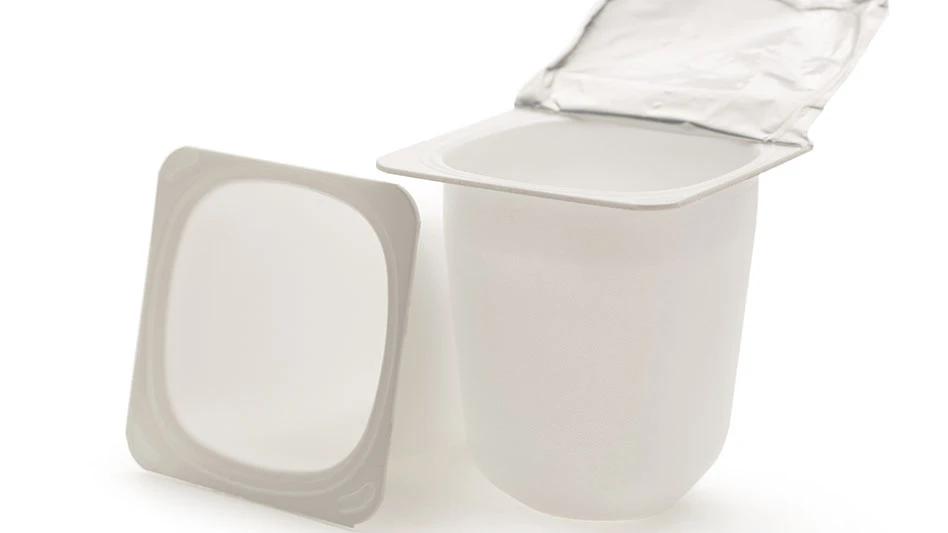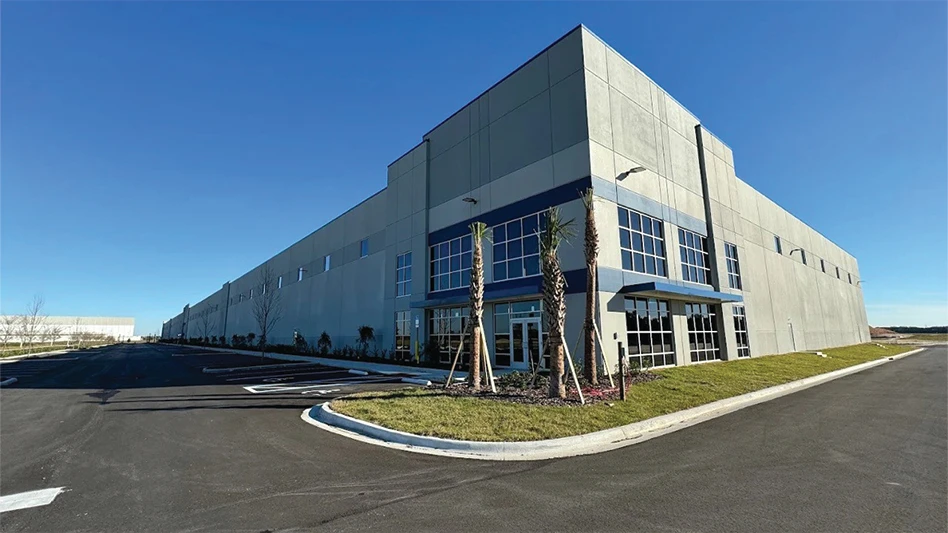
Plastic scrap for recycling continues to flow, though demand has been somewhat soft.
“Plastic generation is about normal for this time of year from both residential and commercial generators,” a contact with a material recovery facility (MRF) based in the Midwest says. “If anything, PET [polyethylene terephthalate] from residences is a little light. But the heat of the summer is just starting.”
A contact based in the Southeast with a recycler and trader of postindustrial plastic scrap says generation has remained steady. “We do expect automotive production to slow down in July,” she adds. “Industrial scrap [generation] has been somewhat slower this year, and we attribute it to more companies reusing at least a percentage of their scrap within their processes.”
She says the reduced generation has been met by reduced demand. “Demand has certainly slowed during this quarter,” she says. “End users are still issuing some purchase orders but not scheduling the movement of materials. The end users are not keeping as much extra inventory on hand.”
“Natural HDPE dairy bottles have moved from 80 cents per pound to 50 cents per pound in the space of three weeks—a pretty drastic drop.” – a contact at a Midwest-based MRF operator
The contact with the MRF says domestic demand is relatively normal for most grades, with no desperation buying occurring as of mid-June. However, some grades are lagging in terms of demand and pricing, he says, including injection-grade high-density polyethylene (HDPE), such as buckets, crates and totes.
The Midwest-based contact says he heard two big buyers of this material decided they had enough inventory and could reduce the price by not buying. “It’s working,” he affirms.
“Natural HDPE dairy bottles have moved from 80 cents per pound to 50 cents per pound in the space of three weeks—a pretty drastic drop,” he adds.
“PET purchasing is also slowing, with a corresponding dip in price,” the Midwest-based contact says, adding that he’s hearing other grades likely will fall in price come July.

“The pull through on [postconsumer resin] is not as strong as anticipated,” he says.
Despite this, he says bale pricing is “way better than the bottoms we saw a few years ago but below 2022 or even 2021. Most grades are moving with fair pricing.”
While much of his MRF’s material trades domestically, it exports woven polypropylene (PP) supersacks, and demand and pricing are low, he says.
Sponsored Content
Tackling the Extreme Grind
Built for the toughest applications, our Heavy Duty Granulators and Shredders deliver high-quality output, less waste, and efficient operations. With rugged designs and unmatched reliability, they’re ready for the extreme grind—keeping your production line moving and your recycling process profitable. Tackle more. Waste less. Perform at peak.
The contact in the Southeast says India, Malaysia and Korea are buying polycarbonate (PC), low-density polyethylene, HDPE, PP and polyvinyl chloride as of late June. “Movement on export slowed down for a few weeks and prices adjusted,” she says.
Horticulture market demand for PC/acrylonitrile butadiene styrene, high-impact polystyrene and acrylonitrile styrene acrylate is good as of June, she adds.
Get curated news on YOUR industry.
Enter your email to receive our newsletters.

Explore the July 2023 Issue
Check out more from this issue and find your next story to read.
Latest from Recycling Today
- Arizona AG says consumers were misled over recycling bags
- PRE warns European plastic recycling industry facing ‘imminent collapse’
- NWRA, Informa partner to launch Waste Leadership Summit
- Circular Action Alliance appoints new executive director in California
- Aduro reports fourth-quarter, FY25 results
- EverestLabs announces first international deployment
- Sunnyvale, California, awards contract to BHS
- Scrap Expo session preview: Technology Spotlight—Refining Recovered Metal


